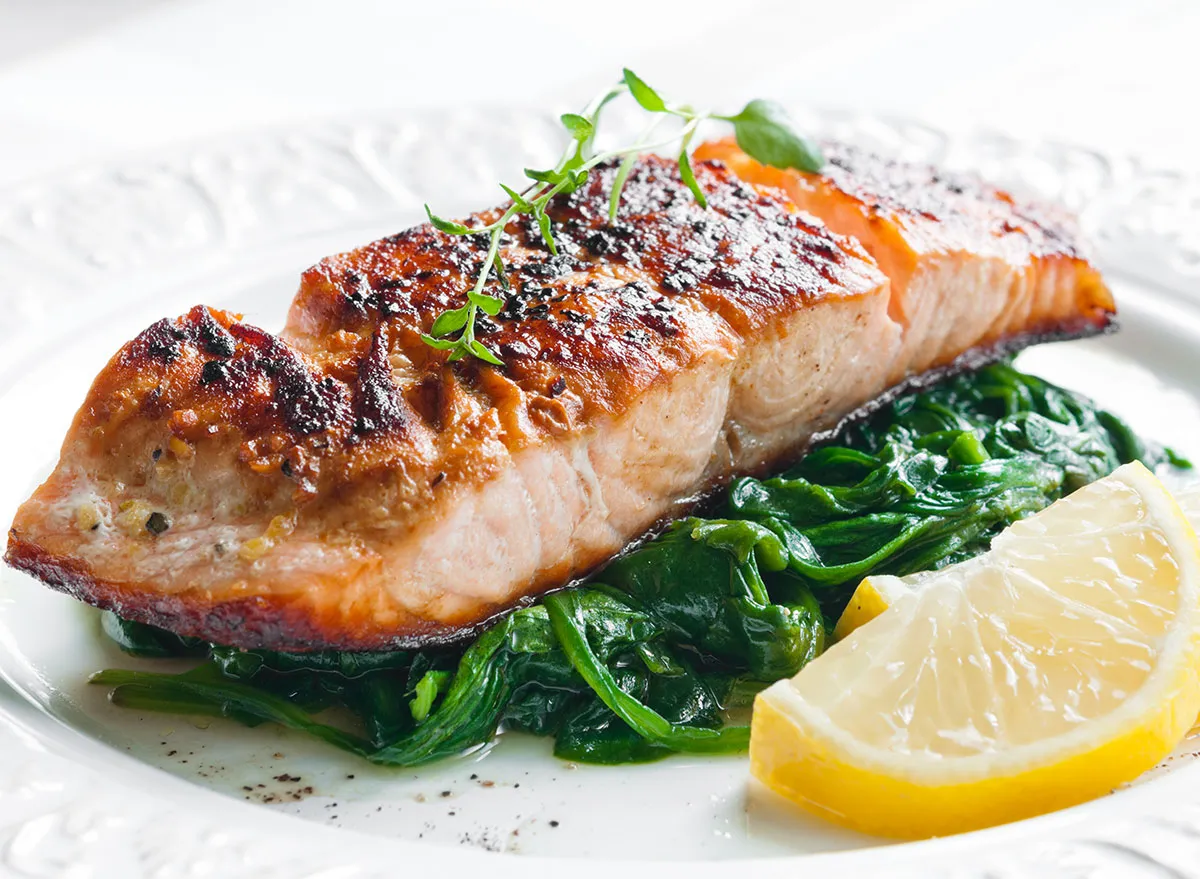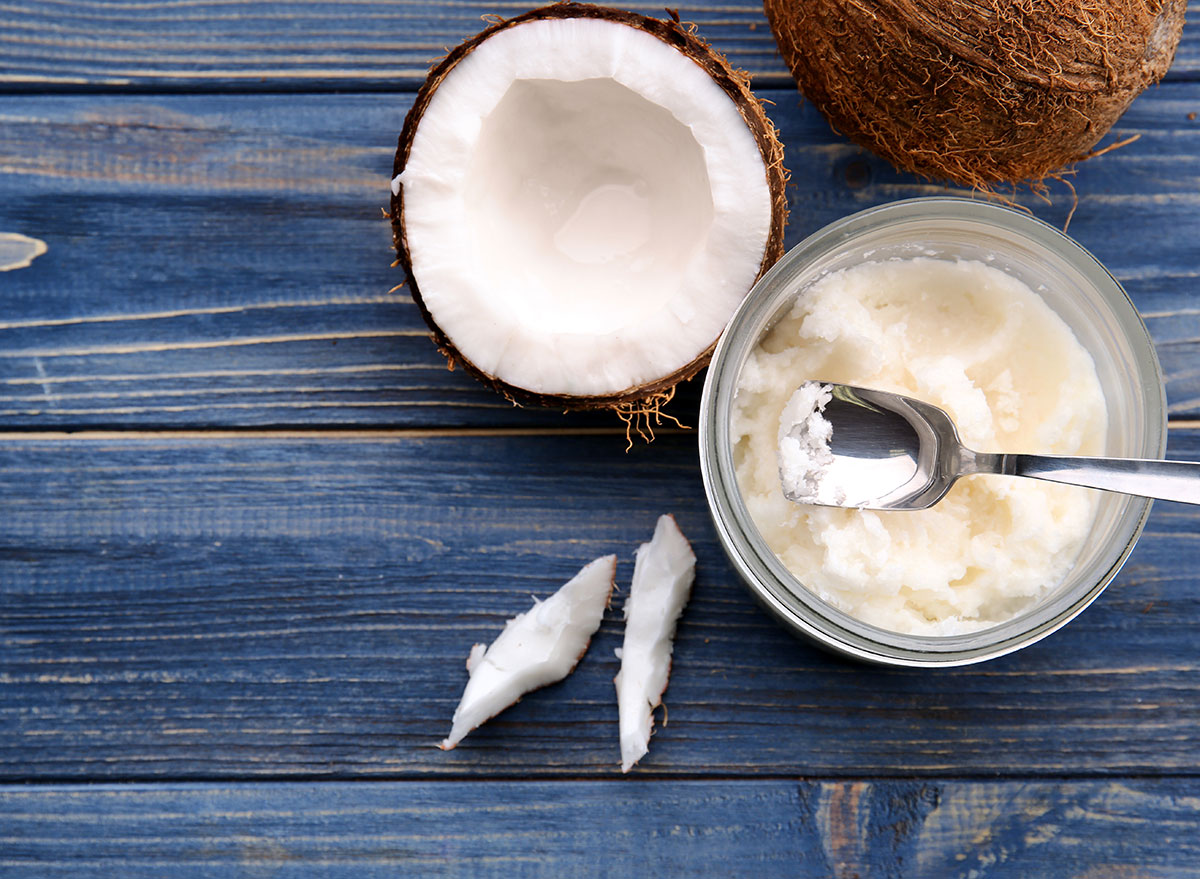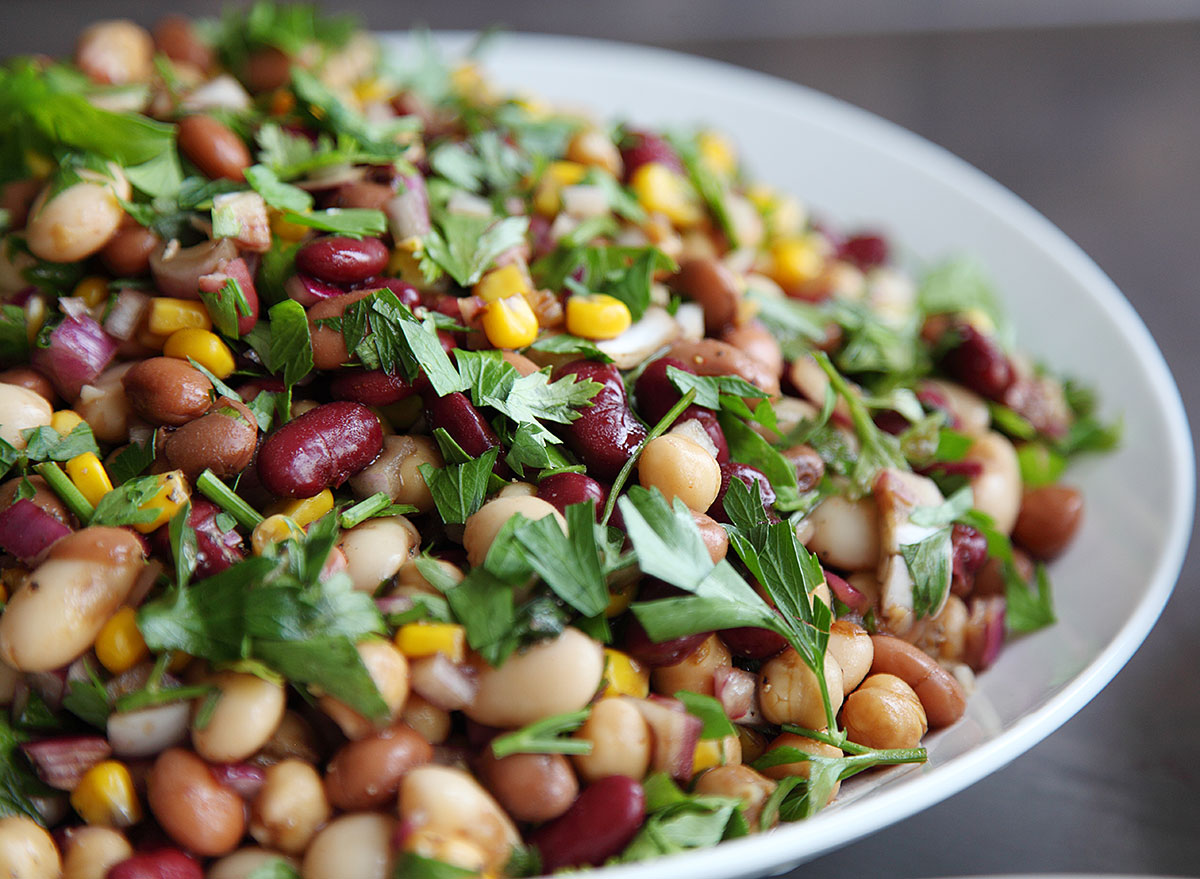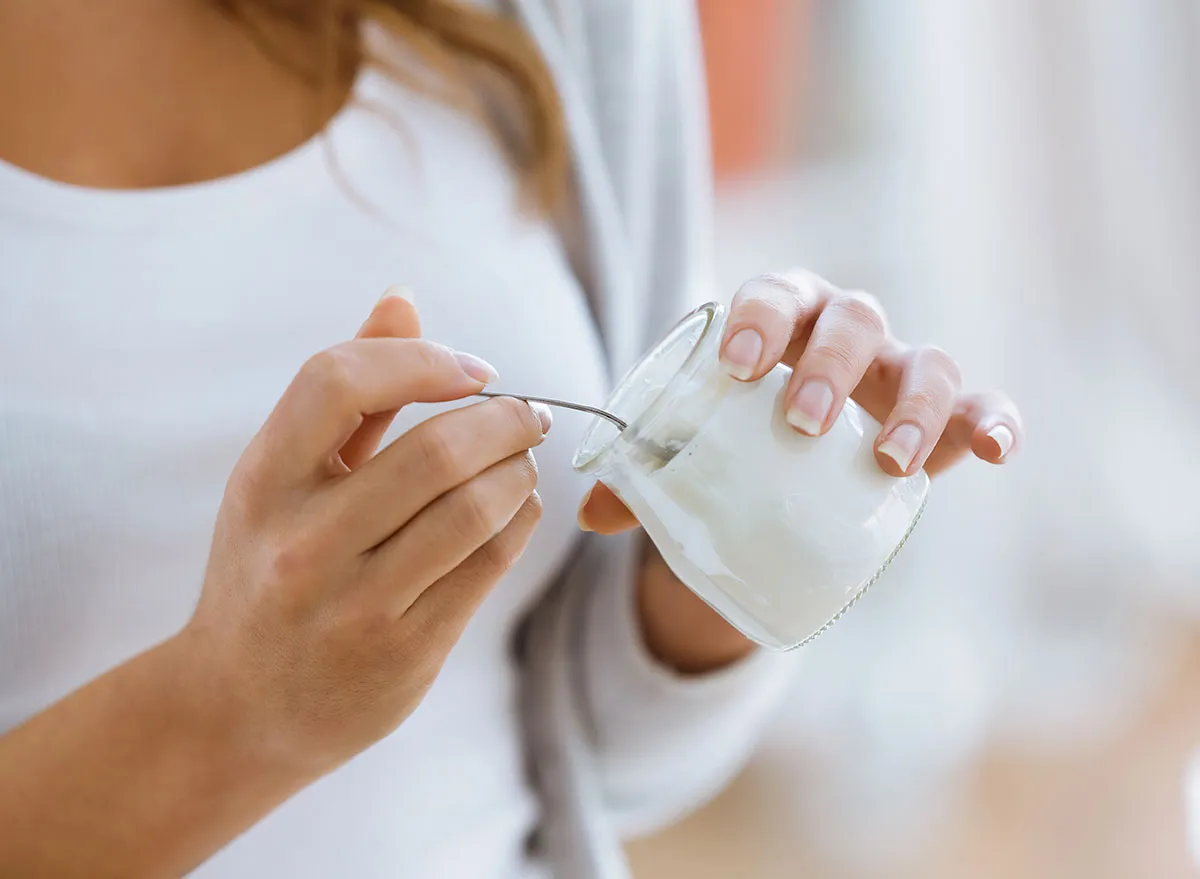You know the saying "you are what you eat"? That sentiment could not be more true than with visceral fat. Visceral fat is the type of fat that lives within the abdominal cavity. Meaning, it surrounds our vital organs. This type of fat has been associated with poor health outcomes when compared to subcutaneous fat, the fat that lives directly under our skin.
When we think of weight gain, we typically think of subcutaneous weight gain: meaning, we notice the shape of our body has changed in size. However, visceral fat may actually be more concerning for our health than subcutaneous fat—the type of fat that hugs our thighs, hips, and arms.
Visceral fat can make it challenging for our internal organs to work optimally. For example, increased visceral fat in the liver has been associated with glucose, lipid, and endocrine dysfunction.
Studies show that weight loss alone may not be the best indicator of health, but rather visceral fat loss plays a critical role in our metabolic wellbeing. This means that an increase in visceral fat can impact everything from our hormone health to our cholesterol levels!
Fatty Fish

Fatty fish—like salmon, tuna, sardines, and mackerel—are a good source of omega-3 fatty acids. These particular varieties of fish are high in heart-healthy fats, protein, and Vitamin D!
Anya Rosen, MS, RD, LD, CPT explains that heart-healthy omega-3s in fatty fish have been shown to benefit body fat composition through various mechanisms such as improving insulin sensitivity and combating inflammation.
Fatty fish is also a great source of dietary protein, which boosts metabolic rate and increases levels of fullness hormones such as GLP-1, PYY and cholecystokinin, states Rosen.
Coconut oil

This tropical oil gets a bad rep for its high saturated fat content.
However, research shows that the specific type of fat in coconut oil, medium-chain triglycerides, can significantly decrease the total amount of fat stored by the body, even in the context of a calorie surplus!
In this case, eating more could actually translate to burning fat!
Beans

Beans, beans, they make you… shrink?
One study suggests that eating more beans may help decrease the total accumulation of visceral fat, Nicole Stefanow, MS RDN, a NYC-based dietitian, tells us.
Perhaps, Stefanow hypothesizes, this may be because beans are a great source of prebiotic soluble fiber.
Stefanow explains this mechanism by stating that although soluble fiber cannot be digested by our own bodies, it can be metabolized and turned into short-chain fatty acids (SCFAs) by the healthy microbes in our gut. Studies have linked SCFAs to a decrease in visceral fat.
Yogurt

One study suggests that consistent intake of yogurt decreased the amount of abdominal adipose tissue stored. In other words, the probiotic effect of yogurt was enough to improve body fat in the midsection of the participants who ate yogurt consistently.
Yogurt is particularly balanced in macronutrients and contains a good source of protein. Ashley Larson, RD, tells us that yogurt can improve satiety, helps you stay full longer, and reduces overall calorie intake.
In addition, Larson explains, yogurt contains healthy bacteria, called probiotics, that help to balance your gut bacteria and reduce bloat or other digestive problems. One study showed that those who consistently ate whole-fat yogurt lost more weight and reduced their waist circumference over the course of a year.
Larson recommends boosting your nutrition by adding yogurt to your morning smoothie or incorporating it as an afternoon snack to help you lose belly fat.
Eggs

A high protein, low glycemic breakfast may start your day off strong for weight loss! Especially if you are one to lean on high-carb breakfast options like bagels, cereal, or fruit!
This study analyzed the macronutrient composition of the diet. Meaning, they looked at how much protein, fat, and carbs the participants consumed in a day. They found that even without reducing calories, participants lost visceral body fat when swapping a carb for a lower glycemic choice—such as a protein/fat combination.
Eggs are a perfect source of protein and healthy fat to start your day off on the right note. The researchers also noted that you can redistribute body fat, even when the scale doesn't budge!
As if we needed it, there's more proof that the scale does not tell the whole story for our health!
No comments:
Post a Comment